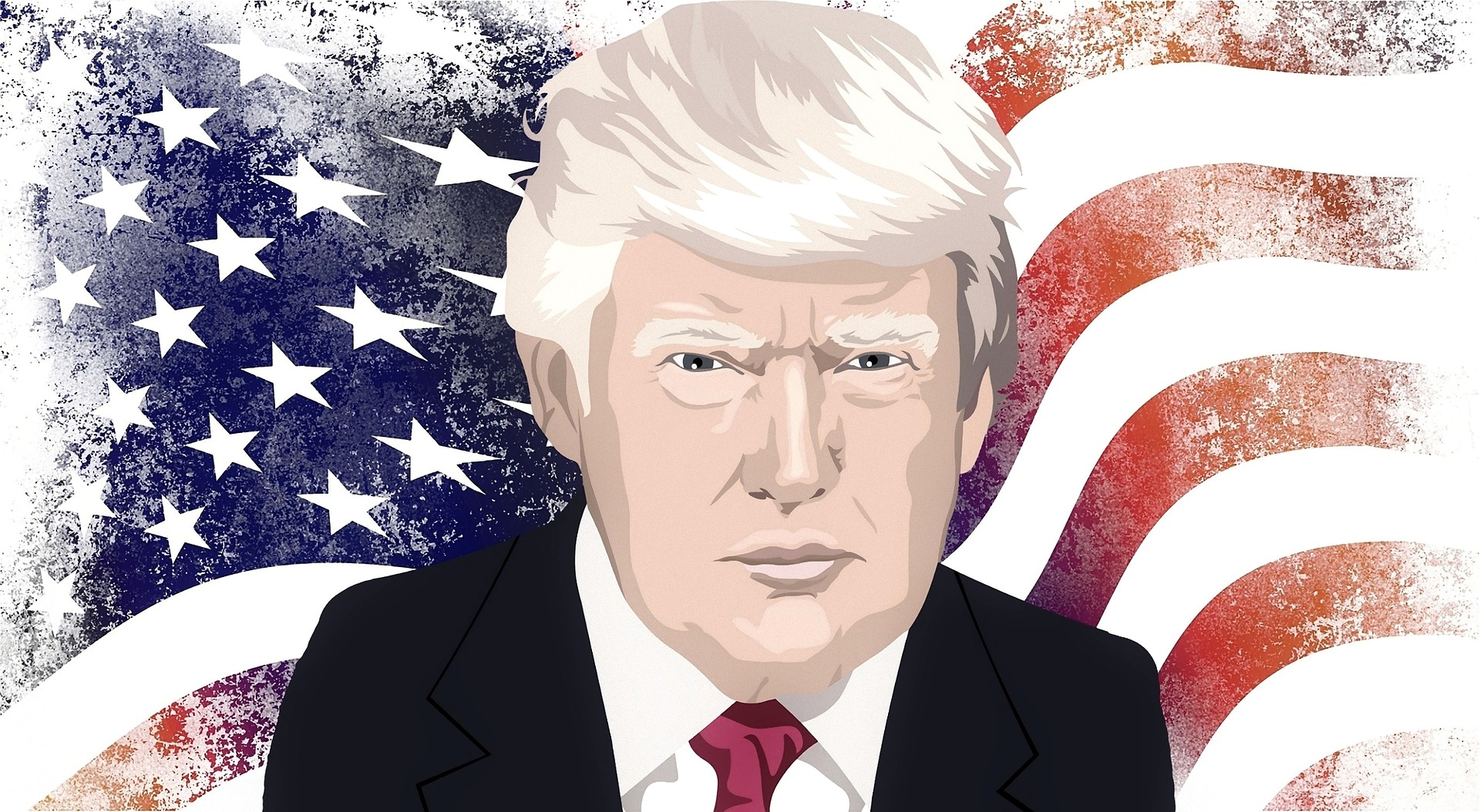Cross-border acquisitions can be impacted by a wide range of factors, so it is essential to develop a comprehensive framework for dealing with all the aspects of the acquisition process. Such a framework was presented last year at the Spring CLE ACC event. The presentation was put together by Jason Rabbitt-Tomita and Carrie LeRoy, two partners at White Case, one of the most prestigious international law firms. Their framework included all aspects of such a transaction from the processes and the timing, to due diligence, intellectual property matters, employment considerations, dispute resolution, and tax structuring. However, the largest segment of the presentation was focused on the major regulatory approvals required in international acquisitions, as these are usually the most time consuming and the most challenging processes in cross-border transactions.
Antitrust :
In regards to the antitrust laws meant to promote fair competition for the benefits of the consumers, cross-border deals can be subject to numerous reviews in different jurisdictions. As such, the buyers must be prepared to engage the Antitrust counsel and present the worldwide turnover of the target company. It is essential to identify possible antitrust risks and concerns and be prepared with prompt solutions
CFIUS :
The Committee on Foreign Investment in the United States can put major obstacles in the path or a cross-border acquisition, especially when it comes to tech companies. The major focuses of the CFIUS reviews are threats, vulnerability and risk profiles. In other words, they analyze whether foreign acquirers can exploit vulnerabilities or cause harm in matters of national security. The CFIUS approval process usually consists of consultations and other preliminary work, an initial 30-day review, a 45-day investigation, and a 15-day presidential review.
Regulatory approvals in the People’s Republic of China :
At the moment China is the biggest competitor of the California tech scene, but Chinese investors must jump through a lot of hoops to play in international markets.
- SAFE – The State Administration of foreign exchanges is in charge of all foreign exchange matters in China. Chinese purchasers must register all outbound investments to convert RMB to foreign currency and make outbound transactions and remit foreign currency. This registration is dealt with after dealing with MOFCOM and NDRC.
- MOFCOM – China’s Ministry of Commerce of their local offices must approve foreign investors for certain industries such as telecommunications, media, education, theme parks, and a few others.
- NDRC – The National Development and Reform Commission must approve all outbound investments of more than US$300 million from China. This approval can easily be gained with merely a formal filing, as long as it does not involve sensitive countries or industries.
Other regulatory approvals :
As we already mentioned, each country can require different regulatory approvals for foreign investors, so it is essential to analyze from the start whether or not the transaction can be consummated under said country’s legislation for the target industry. It is very common for multinational companies to close certain countries separately. For example, transactions in India often delay worldwide transactions and are often signed separately. This can also happen in France, where employee consultation requirements call for binding offers, specifically created for the French subsidiaries.
Read More :





















